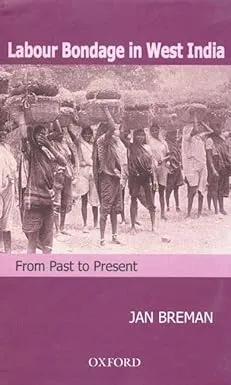In continuation of his study of the underclass in rural Gujarat, Jan Breman's present book traces the historical antecedents of the ongoing subordination of rural labour. He takes a retrospective look at the dynamics of social and political developments before and since independence and this forms the basis of his new field work in south Gujarat carried out between 2004 and 2006. Breman's empirical research shows that despite repeated promises of politicians within and outside the state of Gujarat, poverty alleviation has remained a low priority. The plethora of schemes and programmes that the government announced³even if implemented³had a negligible impact because it did not reach the majority of those it was intended to help. Moreover, Breman contends that the process of pauperization has a deeper cause. The model of economic development followed in the late twentieth century was based on adding value to the means of production that tended to yield a low output. This strategy could be successful only if the agricultural labourers owned at least some means of production in the form of land tools and other assets. But these labourers in the villages where the author conducted his research were not only landless but completely bereft of property. They barely owned their labour power³their employers decided how and when it would be used. They therefore, neither had the physical nor the social capital necessary to assert themselves and make progress. This rural agrarian underclass was thus subjected to a strategy of exclusion and this, says the author, explains why they continue to live in a condition of abject poverty and could not be beneficiaries of a booming economy.















